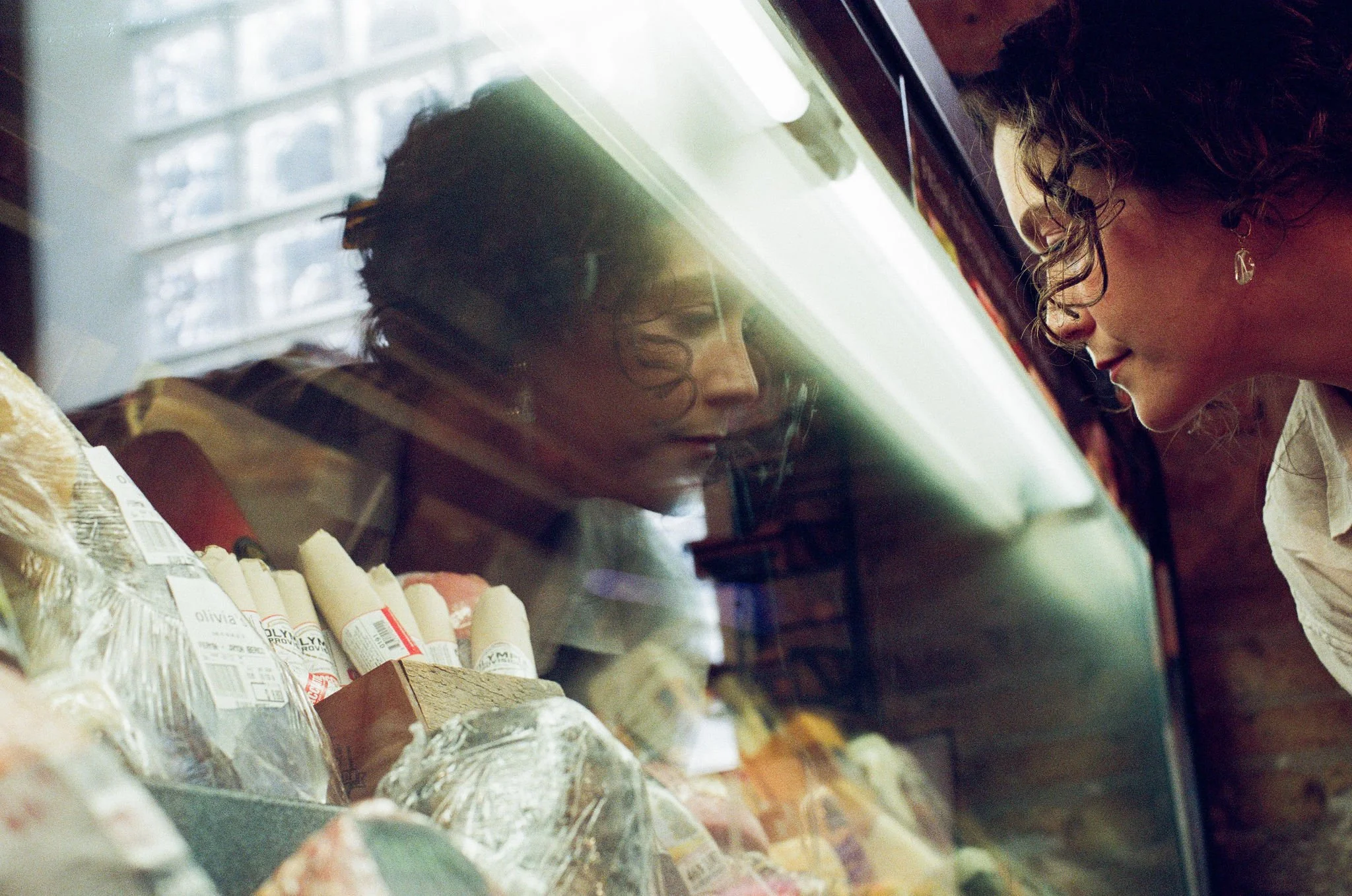Why Cooking
My first kitchen job was stirring. My mom, sister, and I had mixed wet and dry ingredients and rolled plenty of cookie dough balls by this point, but stirring was a task all my own. I became a trusted eye and collaborator for the first time as my mom handed me a spatula, pointed me towards my ingredients, and cautioned my voracious, eager stirs splattering the stove top. Settling into the flow of my task, I watched intently as the grated orange zest melted into the thickening juices and dedicated myself to scraping the sides of the pot to avoid burning. Seeing it pop, simmer, and transform before finding it’s place on our table and knowing I was an integral part of that process was transformative for the way I experienced and engaged with food. I eventually graduated to risotto, gently ladling in quarter cups of broth as the saturated rice rose then fell in the liquid–never sticking due to my diligence and fatigued arm. Building confidence and curiosity as I went, I received more responsibility and ownership of the process. These memories of awareness, learning, and creativity are foundational in the way I think about cooking and what I hope to share with people who join me in A Crowded Table.
In the last few years, I have fully delved into the idea of experiential learning and healing and decided to commit myself to the practice when creating meals–something I was already doing multiple times a week. That meant exploring discomfort in becoming my own sous chef (so much chopping and crying over onions), cooking outside my repertoire and making many, many mistakes, and allowing others to taste my creations without caveats and self critique. In doing so, I saw my confidence, trust, and creativity grow whether I had my cooking apron on or not. In my therapy practice, I often explore these ideas with clients to find ways for them to engage with their passions and values as a means of learning about themselves–the parts they like and the one’s they resist. This observation and a decade of working as a clinician in spaces where experiences were centered as a means of growth and connection inspired me to explore how cooking is conducive to self reflection, playfulness, and growth.
Sharing kitchen space connects us to ourselves and one another while moving through an interpersonal creative process. This is evident in the ways communities and families have gathered in this practice for centuries. Food brings us together and tells a story of intergenerational knowledge, culture, and care. For me, that was decorating my birthday cakes in my grandparent’s Kosher bakery and slicing onions for the quick pickled veggies my mom made for family picnics (this recipe inspired a values workshop).
Coming together to cook and communicate has the power to reduce stress, build esteem and relationships, practice presence, and improve communication, connection, and concentration. Many people already practice this in their families and communities and A Crowded Table honors that by facilitating the experience, connection, and learning of gathering around a kitchen table.
We currently offer individual kitchen companion, group therapy, events, and workshops for community organizations, professional development and team building, and gatherings with friends and family. Please subscribe to our newsletter for updates on ticketed workshops and events.
What is your current relationship with cooking?
What emotions and beliefs are attached to the process of nourishing yourself? Are there rules, expectations, or judgements?
What excites you about the process already? How can you start with compassion, curiosity, and connection?
